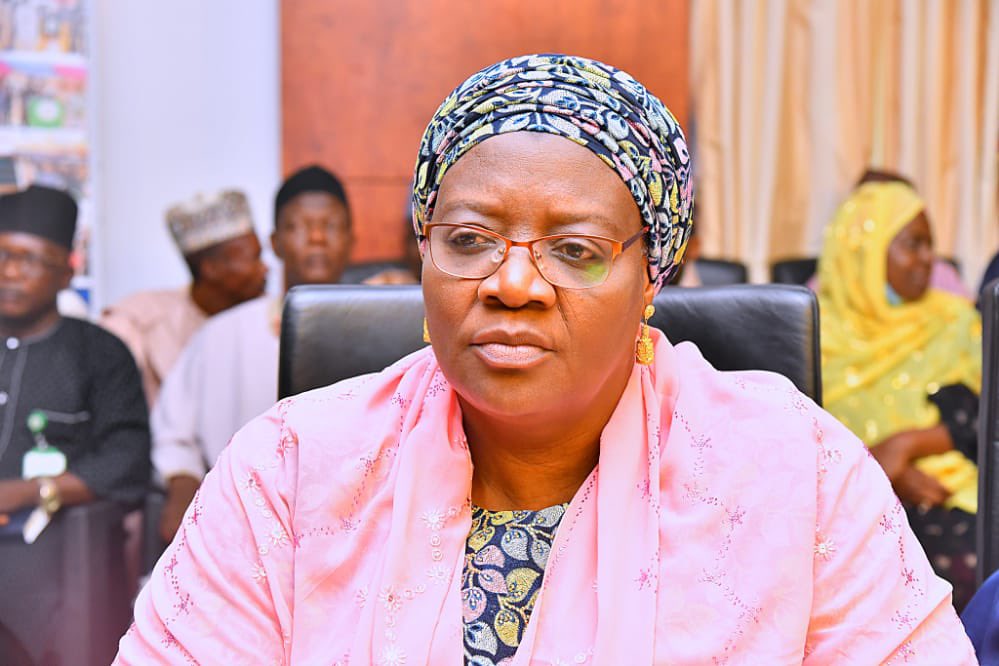Menstrual poverty is a largely overlooked issue within Nigeria’s education system, yet it affects millions of school-age girls, especially in rural areas. The inability to afford sanitary products forces many girls to miss school, trapping them in a cycle of shame, stigma, and lost educational opportunities.
Data reveals that 37 million Nigerian girls and women cannot afford menstrual hygiene products, resorting to unsafe alternatives like cloth rags, leaves, or newspapers. According to UNICEF, 1 in 5 girls misses school during menstruation, with others skipping school for up to five days each month. This results in months of lost learning annually, severely disrupting their education.
Beyond academics, period poverty leaves emotional scars, undermines self-confidence, and fosters isolation and embarrassment that can impact girls throughout their lives. Girls face a difficult choice—risk public humiliation due to stained clothes or stay home and miss valuable lessons. The immediate result is lower academic performance, while the long-term effects are even more concerning, reducing opportunities for further education and economic independence.
Zahra, a 14-year-old from Kaduna State, provides a heartbreaking glimpse into this reality: “Whenever my period comes, I stay at home so my classmates won’t laugh at me. If we have exams, I use paper and a plastic bag as a pad and kneel all day to avoid getting stained.” Her story highlights the extreme lengths girls go to in managing their periods amidst the shame associated with menstruation. The psychological impact of being stained in front of peers can lead to long-lasting feelings of inadequacy.
Afeesah, a 16-year-old from Abuja, shares another side of the struggle: “Since I have a light flow, I use one pad for two days because I can’t afford more. My aunt says it’s too expensive. During my period, I avoid people because I know I smell.”

Period poverty doesn’t just affect individuals; it threatens the future of Nigeria. As girls fall behind in school, their chances for higher education and economic independence shrink, deepening gender inequality. Girls who can’t complete their education are trapped in poverty, and Nigeria, in turn, loses the potential of millions of its girls and women to drive social and economic progress.
The Ministries of Health and Education must address this pressing issue. My work has shown that while distributing pads to girls is helpful, it’s not a sustainable solution. We need a lasting policy to provide subsidised pads in public schools, ensuring that girls can attend school during their periods with dignity. Additionally, menstrual health education should be included in the curriculum for both girls and boys to promote awareness, reduce stigma, and encourage healthy practices.
Ending menstrual poverty is not just about providing pads—it’s about giving girls the confidence and support they need to succeed in school and in life.
This piece was contributed by Nguvu Change Leader, Mary Aliyu


